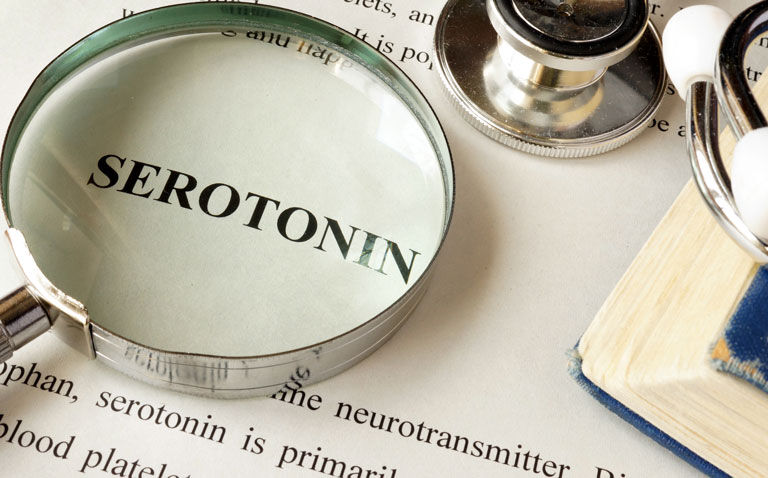The serotonin theory of depression should be discarded as there is no credible evidence to support it according to a recent review
The serotonin theory (ST) of depression should no longer be promoted as there is a distinct lack of credible supportive evidence according to the findings of a recent umbrella review by an international group based at the Division of Psychiatry, University College London, London, UK.
The selective serotonin re-uptake inhibitors (SSRIs) are a class of antidepressant drugs that include fluoxetine, citalopram and sertraline and commonly used in the treatment of depression. The mode of action of SSRIs is described as inhibition of the re-uptake of serotonin, thereby increasing activity of the neurotransmitter.
In other words, the concept of depression is predicated on the ST, i.e., low levels of the transmitter lead to depression although this premise has been challenged in recent years. Nevertheless, the concept of a chemical imbalance as an underlying cause of depression is a widespread belief among the general public and also, it seems among healthcare professionals.
In a survey of 66 UK general practitioners, 23% strongly agreed and 54% agreed that depression is caused by a chemical imbalance. Despite belief in the ST of depression, to date, no comprehensive review has synthesised the available evidence to either confirm or refute the theory.
For the present umbrella review, researchers examined the available literature to try and establish if there was credible support for the ST. In doing so, they focused on several specific areas that could provide evidence to support the theory.
They initially examined whether there were lower levels of both serotonin and 5-hydroxyindoleacetic acid (5-HIAA), its active metabolite, in body fluids among those with depression. Secondly, if there were alterations in the level of serotonin receptors. Thirdly, if levels of serotonin transporter (SERT) protein, which remove the transmitter from the synapse, were elevated in depression. Fourthly, whether tryptophan depletion (which also lowers serotonin levels) could induce depression and finally, the researchers looked at if there were elevated levels of the SERT gene in depressed patients.
Serotonin theory and supportive evidence
The researchers identified a total of 17 eligible studies for inclusion in their umbrella review.
Two meta-analyses with a total of 19 studies failed to provide evidence of an association between 5-HIAA levels and depression.
The team then focused on levels of the 5-HT1A receptor, an auto-receptor that inhibits the release of serotonin pre-synaptically. If depression is due to lowered levels of serotonin, the activity of this receptor should be enhanced although again, there was no evidence of a difference between depressed and control patients.
The SERT protein transports serotonin out of the synapse hence lowering levels. Consequently, were it to be responsible for depression, then the activity of the protein would be expected to be elevated in those with depression. There was no evidence to support this though interestingly, animal studies suggested that antidepressants actually reduced SERT.
Studies of tryptophan depletion (which in turn lowers serotonin) with healthy volunteers showed no effect on mood.
Finally, there was no apparent link between between genes and depression. In fact, one 2019 study concluded that the results suggest that early hypotheses about depression candidate genes were incorrect and that the large number of associations reported in the depression candidate gene literature are likely to be false positives.
Based on their findings, the authors concluded that it is time to acknowledge that the serotonin theory of depression is not empirically substantiated.
Citation
Moncrieff J et al. The serotonin theory of depression: a systematic umbrella review of the evidence. Mol Psychiatry 2022.










